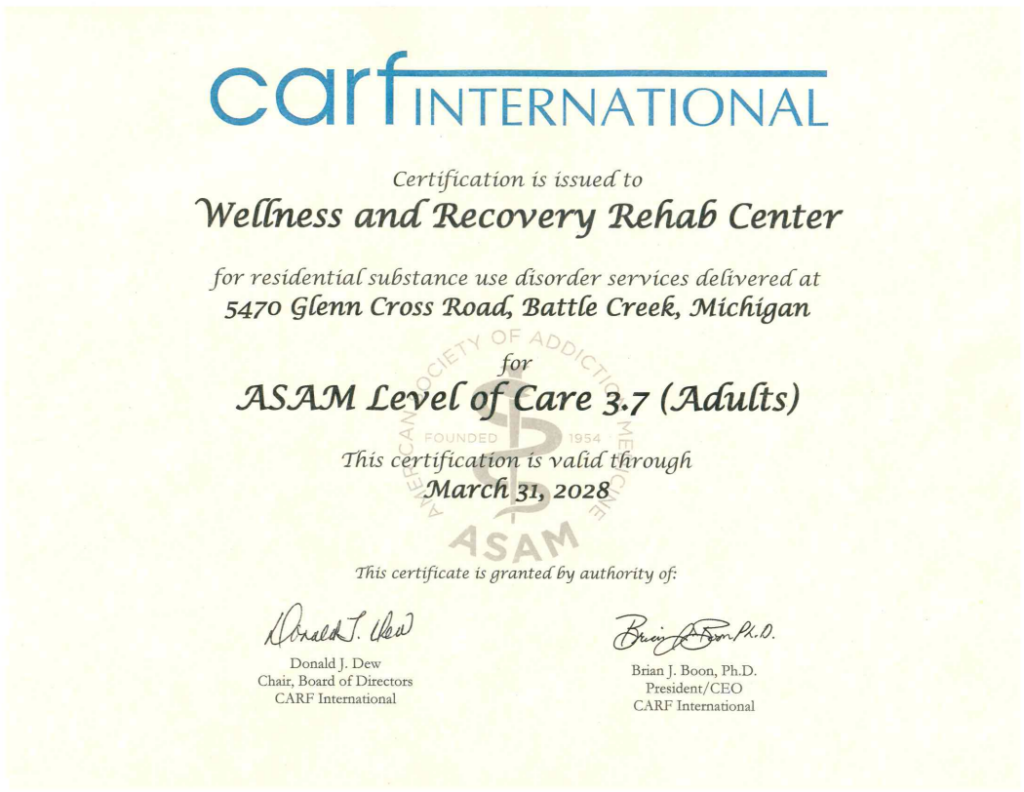
Mental health shapes every aspect of daily life, influencing emotional well-being, physical health, and the quality of relationships. It is the foundation for resilience, self-awareness, and the ability to navigate life’s challenges.
Knowing how to improve mental health is essential for fostering long-term stability and a sense of fulfillment. This is especially true if you also struggle with co-occurring disorders, such as chronic pain or substance use disorder (SUD).

At Wellness and Recovery, we provide evidence-based, comprehensive care that addresses the whole person – mind, body, and environment. Through a compassionate, research-driven approach, we empower individuals with the tools and support they need to cultivate lasting well-being.
We understand that mental health challenges rarely exist in isolation. We’re dedicated to providing comprehensive care that addresses the full spectrum of your needs.
Human connection is a fundamental component of mental health. Supportive relationships, a sense of belonging, and engagement in meaningful activities foster emotional resilience.
Community involvement and social support serve as protective factors, helping individuals navigate stress and prevent feelings of isolation. Even small changes, such as deepening personal relationships or participating in group activities, can enhance overall well-being.
Recognizing these factors can empower individuals to take proactive steps in knowing how to improve mental health. While some influences may be outside of one’s control, many aspects of emotional well-being can be improved through intentional changes and professional support.
Mental health is not just the absence of distress; it’s the presence of resilience, balance, and fulfillment. Just as physical health requires regular care, mental well-being thrives when nurtured through intentional choices.
Small, consistent efforts can lead to profound changes in how we cope with stress, connect with others, and experience life’s highs and lows. Some of the best ways to start to know how to improve mental health include:
Self-care is not indulgence – it is necessary for emotional and mental stability. Quality sleep, moments of relaxation, and engaging in activities that bring joy are all great first steps to know how to improve mental health.
Sleep, in particular, is one of the most overlooked aspects of mental health, as poor sleep is closely linked to increased anxiety and irritability. Establishing a consistent sleep routine – such as setting a fixed bedtime and reducing screen exposure – can significantly improve emotional regulation.
Humans are wired for connection. Whether it’s a deep conversation with a friend, a heartfelt hug, or simply being around others who “get” us, social bonds act as a powerful buffer against stress, anxiety, and depression.
That’s why, when we feel isolated, our nervous system interprets it as a threat, triggering the same fight-or-flight response as physical danger.
Yet, in today’s fast-paced world, meaningful social interactions can feel harder to maintain. It’s easy to assume that others are too busy or that reaching out will be burdensome.
However, even small moments of connection, such as sending a check-in text, engaging in a shared activity, or making eye contact and smiling at a stranger, can significantly boost well-being. Prioritizing open communication and seeking support can help you know how to improve mental health.
Life brings challenges that cannot always be controlled, but the way we respond to them can be. Stress, anxiety, and emotional discomfort are natural, but how we cope determines whether we feel overwhelmed or empowered.
Healthy coping mechanisms, such as mindfulness, journaling, and deep breathing, help shift the brain’s stress response. This can promote clarity and emotional regulation.
But for many, the word “exercise” can feel daunting, but the good news is that movement does not have to be intense or time-consuming to be effective.

There are many avenues that Wellness and Recovery utilize in order to help individuals know how to improve mental health while also healing from addictionor co-occurring chronic pain. These include:
Cognitive behavioral therapy (CBT) and dialectical behavior therapy (DBT) are particularly effective in helping individuals identify unhelpful thought patterns, develop healthier coping mechanisms, and regulate emotions.
No one should have to navigate mental health challenges alone. Whether experiencing ongoing struggles, sudden emotional distress, or simply wanting to develop healthier coping strategies, professional support provides essential guidance.
At Wellness and Recovery, we understand that mental health care is not one-size-fits-all. Every person comes with their own life experiences, strengths, and challenges, which is why we take an individualized approach.
Many people recognize the importance of mental health but struggle to take the first step. There are often various barriers to knowing how to improve mental health that can make seeking help seem out of reach. The most common among them include:
Breaking down stigma starts with open conversations, education, and normalizing mental health care. The more we talk about mental well-being, the more we help others recognize that seeking support is not a failure; it’s a step toward healing.

At Wellness and Recovery, we recognize that healing looks different for everyone. Our Battle Creek, Michigan inpatient and outpatient programs are designed to provide compassionate, evidence-based care that meets people where they are in their journey.
No matter where someone is starting from, support is available to help them take the next step. If you or a loved one are ready to prioritize mental health, reach out to Wellness and Recovery today. A brighter, healthier future starts with one conversation.
